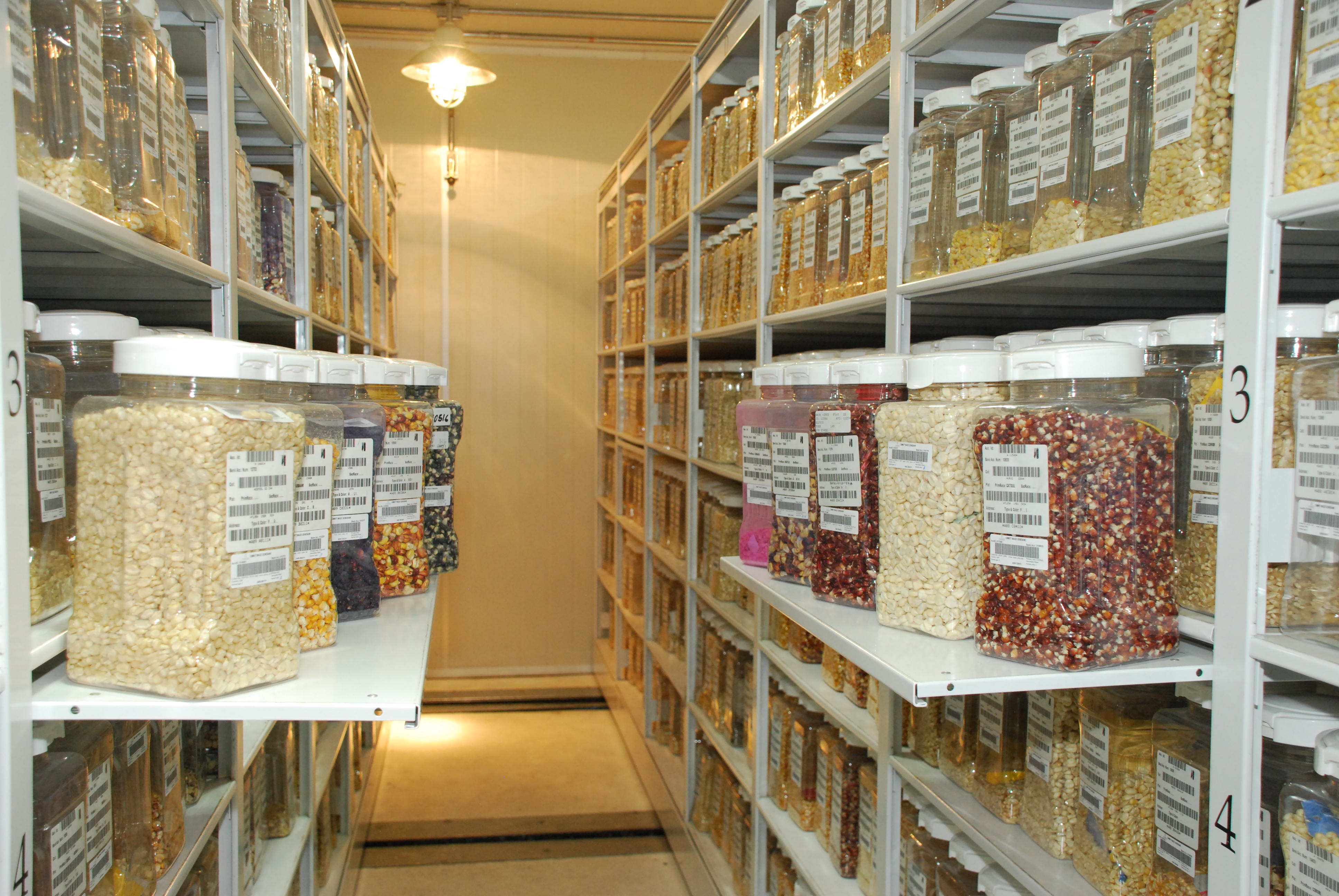Tanzania
New Provitamin A maize platform fights hidden hunger in Tanzania
 Nutrition, health and food security
Nutrition, health and food security
Seed certification critical to quality seed production
 Capacity development
Capacity development
To ensure that quality seed standards are maintained, CIMMYT supports partners such as national agricultural research institutions and seed producers in acquisition and production of pure early generation seed.
Fall armyworm devastates crops in sub-Saharan Africa: A quick and coordinated regional response is required
 Nutrition, health and food security
Nutrition, health and food security
The head of CIMMYT’s Global Maize Program highlights the potential impact of the fall armyworm pest and how CGIAR researchers are contributing to a quick and coordinated response across the Africa.
Tanzanian start-up rises to profitable maize business
 Capacity development
Capacity development
CIMMYT supports seed company partners in enhancing their capacity to produce foundation and certified seed.
Gender and development specialist Rahma Adam: Aiding African women to build household food security
 Gender equality, youth and social inclusion
Gender equality, youth and social inclusion
In a special interview to mark International Women’s Day, CIMMYT gender specialist Rahma Adam detailed how her research aims to improve the agricultural productivity of women in south and eastern Africa.
Stronger African seed sector to benefit smallholder farmers and economy
 Nutrition, health and food security
Nutrition, health and food security
Despite its large-scale impact across Africa, smallholder farming largely remains a low technology, subsistence activity.
Building a sustainable future: A history of conservation agriculture in southern Africa
 Capacity development
Capacity development
Since 2004, conservation agriculture has helped farmers in southern Africa maintain and boost yields, protect the environment and increase profits.
Maize seed systems in Africa: Understanding the basics
 Climate adaptation and mitigation
Climate adaptation and mitigation
Since 2006, CIMMYT has developed 200 drought-tolerant varieties and hybrids, many of which possess desirable traits such as resistance to major diseases.
From A to Z: Developing nutritious maize and wheat at CIMMYT for 50 years
 Climate adaptation and mitigation
Climate adaptation and mitigation
Over the past 50 years, various research activities have been undertaken to boost protein quality and micronutrient levels in maize and wheat to help improve nutrition in poor communities.
African ambassadors to Zimbabwe support improved agriculture technologies
 Nutrition, health and food security
Nutrition, health and food security
Several African nation ambassadors to Zimbabwe pledged to step up support for improved agriculture technologies.
Harnessing maize biodiversity for food security, improved livelihoods in Africa
 Capacity development
Capacity development
Diverse, stress tolerant maize varieties are benefiting smallholders throughout sub-Saharan Africa.
How improved maize gives options to farmers
 Nutrition, health and food security
Nutrition, health and food security
Improved seeds resilient to drought, disease and other stresses allow farming families to invest more in their livelihoods and children’s futures.
Tanzania seed company increases demand for drought-tolerant maize
 Nutrition, health and food security
Nutrition, health and food security
Locally adapted marketing initiatives are successfully converting farmers to the high-performing, drought-tolerant maize variety Lubango in Tanzania.
SIMLESA meeting reveals many successes, gears up for phase II
 Nutrition, health and food security
Nutrition, health and food security
SIMLESA discusses progress, achievements, and ways forward through 2018 at annual meeting.
Millions of smallholders in Africa benefit from climate resilient drought-tolerant maize
 Climate adaptation and mitigation
Climate adaptation and mitigation
At least 40 million smallholder farmers in sub-Saharan Africa are profiting from more than 200 new drought-tolerant varieties of maize.
